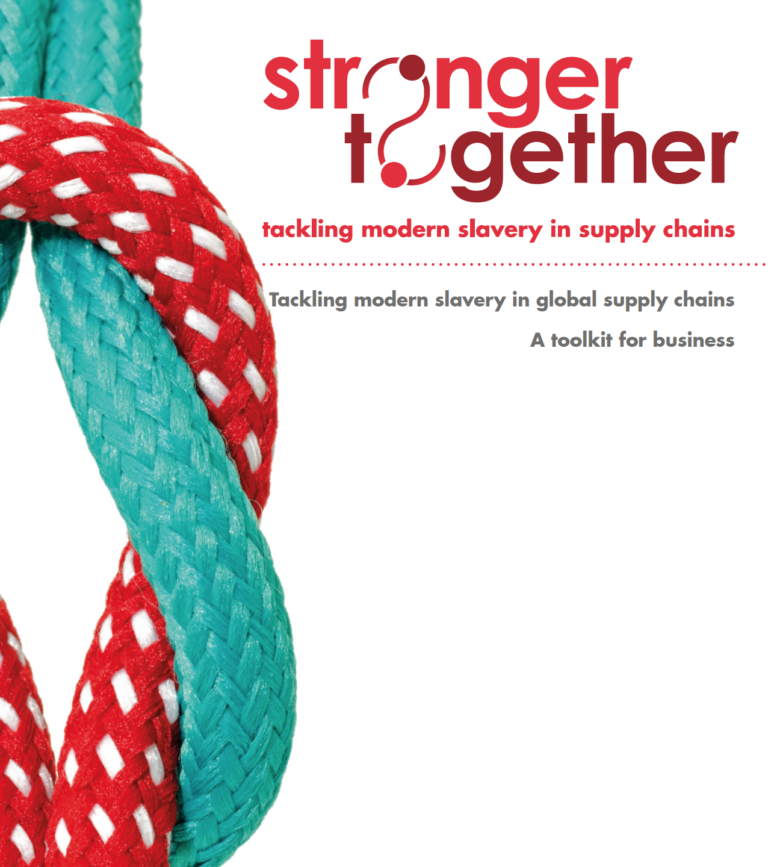Eliminating Child Labour Guides for Employers – Guide Two: How employers can eliminate
GuidanceThis guide is part of a set of guides developed by ILO, a unique exercise as they consider child labour from the perspective of employers and their organizations, while keeping the welfare of children and their families at the centre of the analysi...Read More

